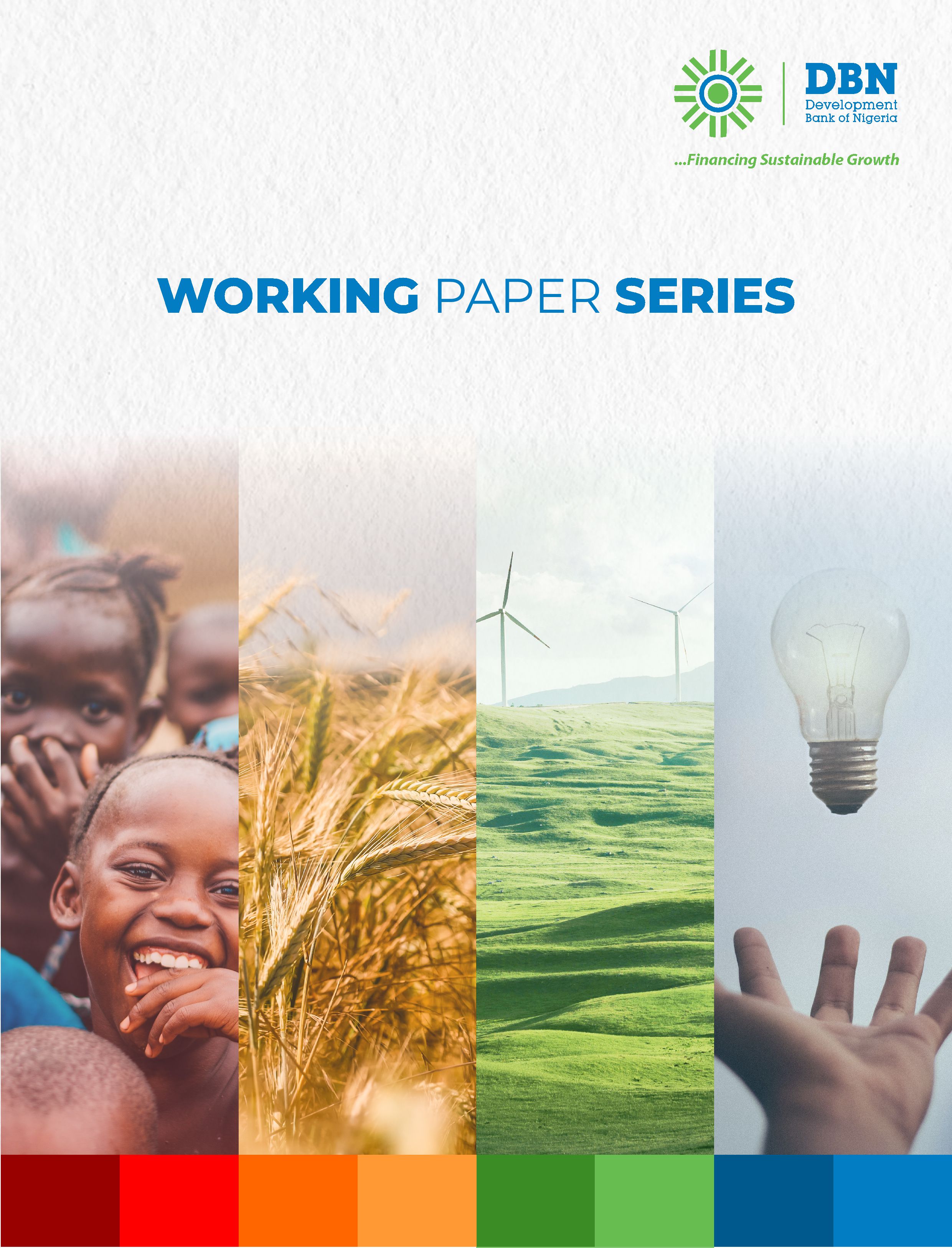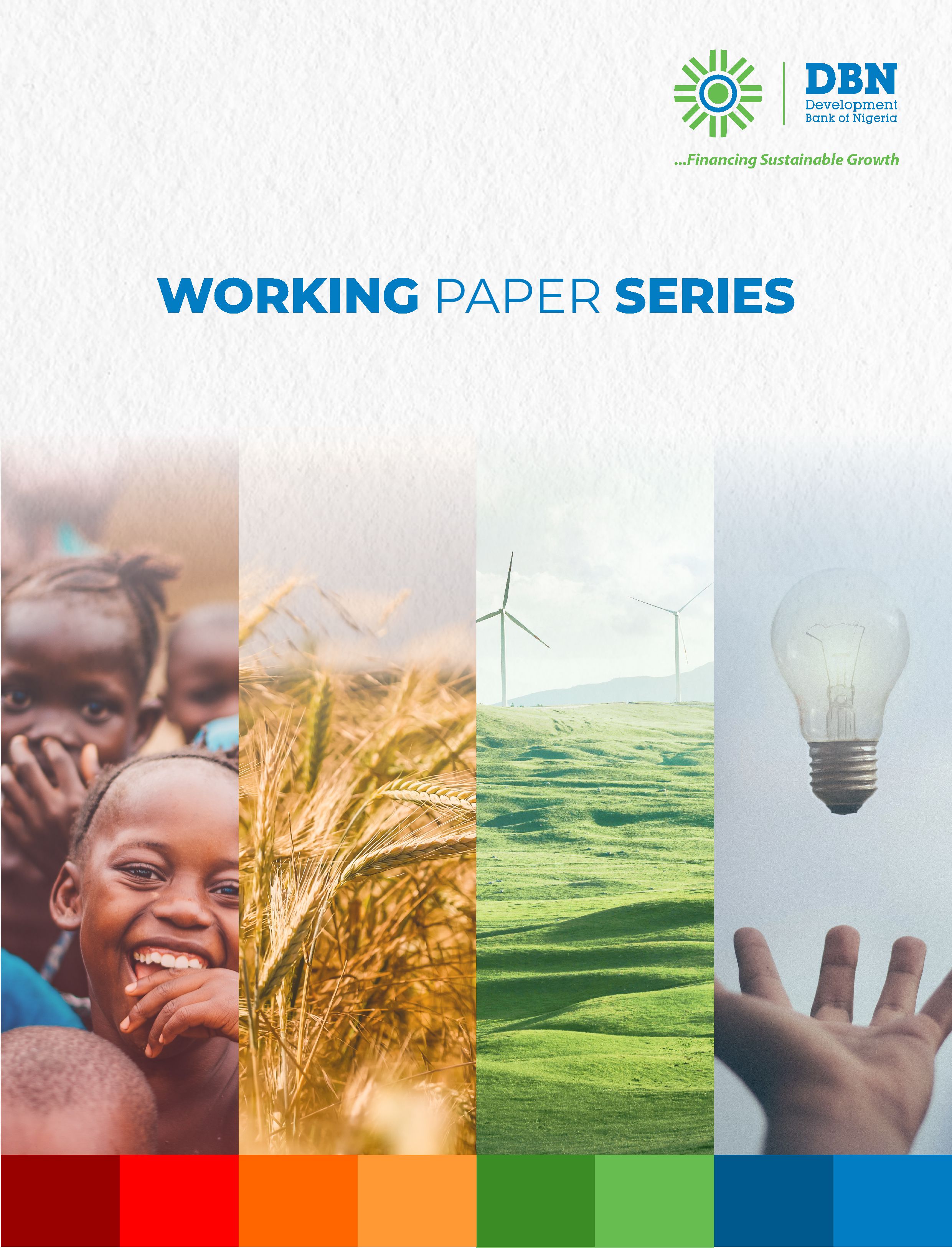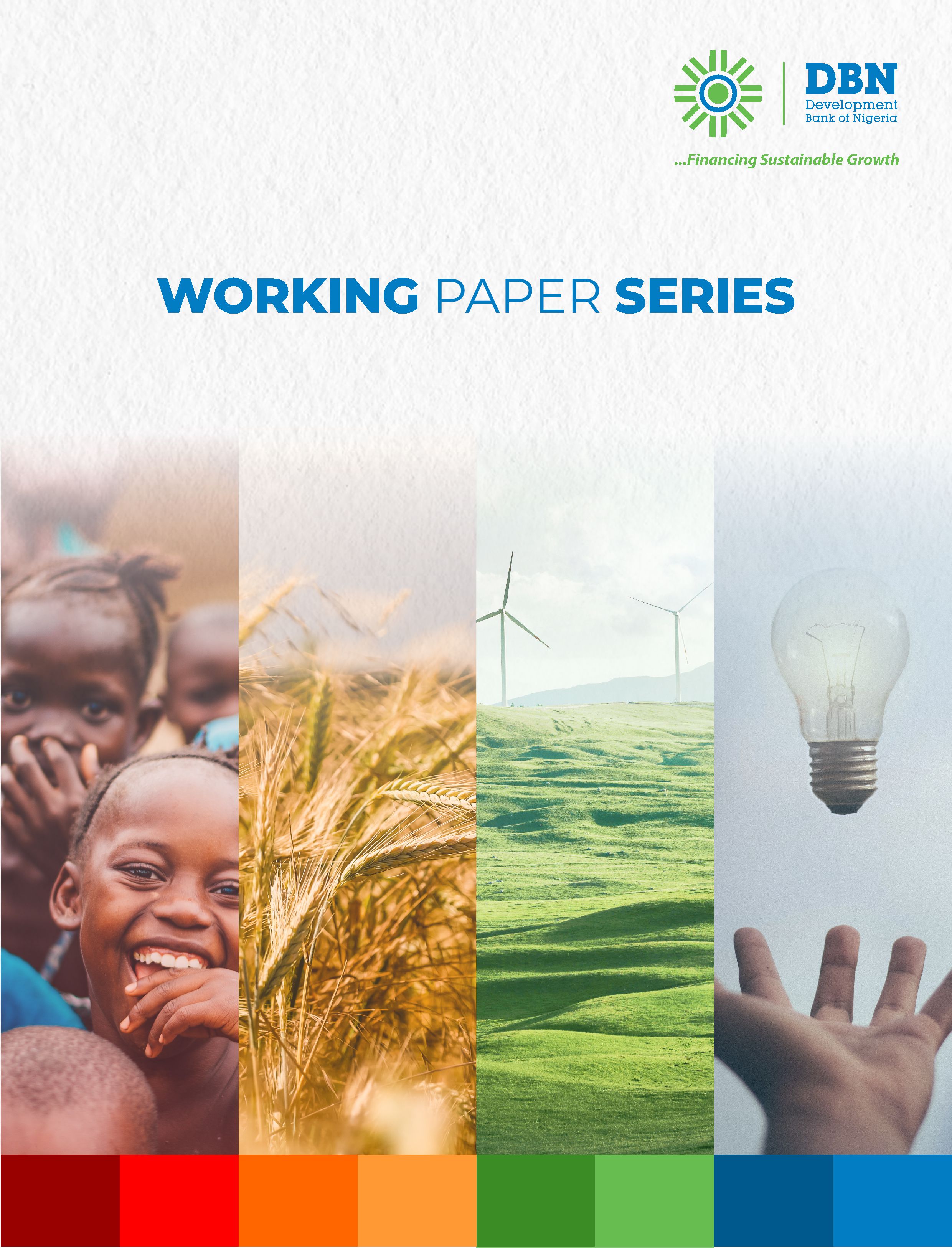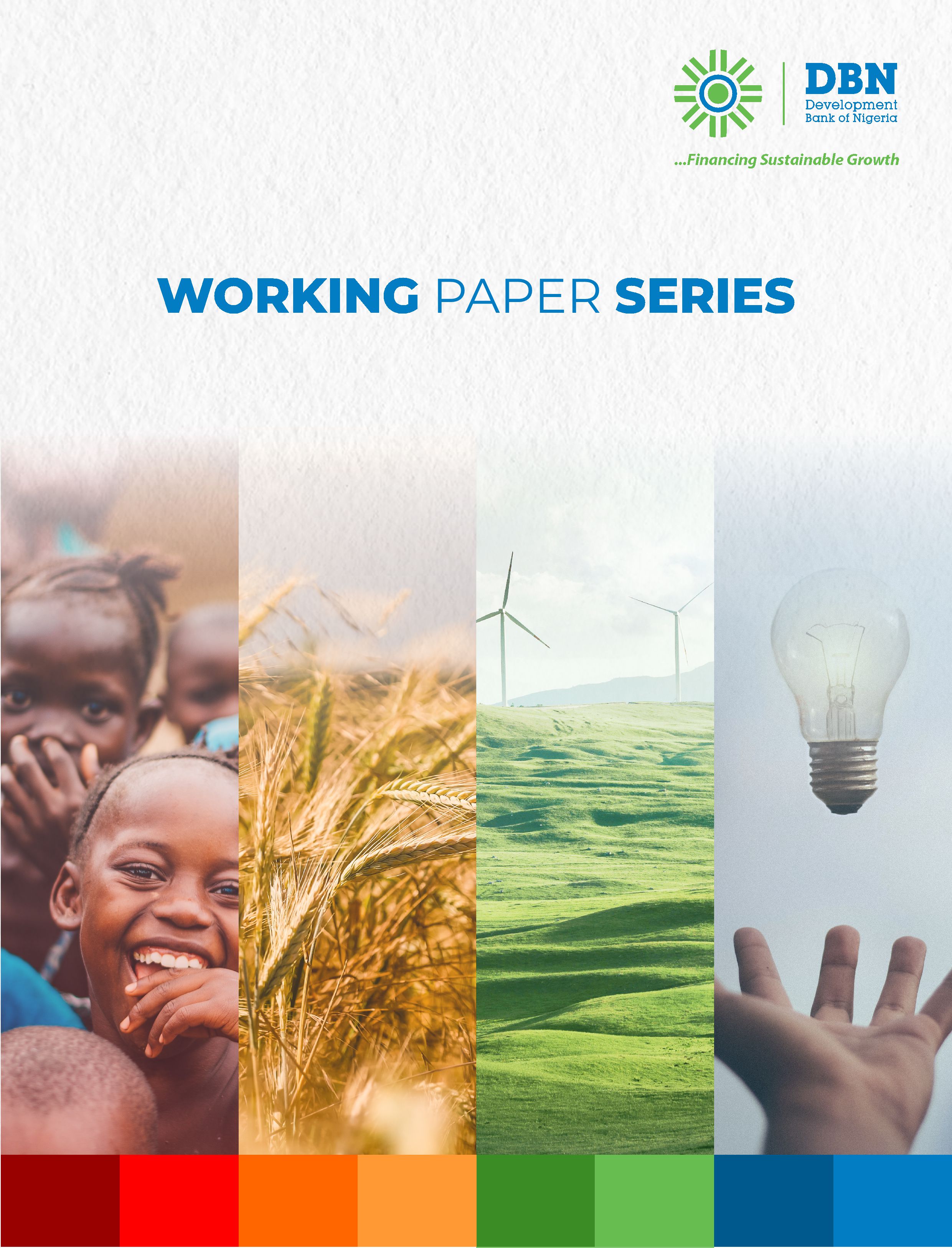
Publication Information
Published by: Admin
Published: 1 year ago
View: 238
Pages: 35
ISBN:
Abstract
Policy recommendations for building resilient and all-inclusive societies post COVID-19 pandemic continue to dominate the media and research landscapes. However, rigorous empirical content backing such claims, particularly, on both poverty and income inequality, is hard to find. Motivated by the bleak outlook of the Middle East and North Africa (MENA) region, as driven primarily by the floundering hydrocarbon sector, vulnerable employment, and low foreign direct investment, we analyse the poverty and income inequality effects of globalisation and resource allocation in the region. Using data from the World Bank’s Poverty and Equity Database for the period 1990–2019, we provide estimates robust to several econometric techniques- the pooled least square, fixed effect, random effect, and the system generalized method of moments estimators to show that: (1) while economic globalisation reduces both poverty and income inequality, social globalisation matters only for income inequality in MENA; (2) economic globalisation is remarkable in reducing income inequality through resource allocation. Policy recommendations are provided in the light of the geopolitical fragility and rise in social globalisation of the region.
Isaac K. Ofori Mr
Mark K. Armah Mr
Emmanuel E. Asmah
Related Publications

VOLUME 7 ISSUE 1 2024
Female unemployment, mobile money innovations and doing business by females

VOLUME 7 ISSUE 1 2024
Sustainability Burden or Boost? Examining the Effect of Public Debt on Renewable Energy Consumption in Sub-Saharan Africa

VOLUME 7 ISSUE 1 2024
The effect of inequality on poverty and severity of poverty in SSA: the role of financial development institutions
